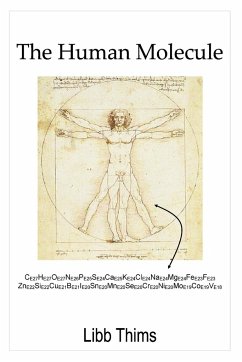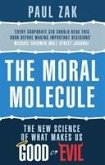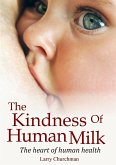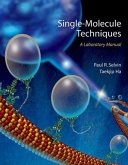The Human Molecule traces the historical development of the conception of the human being as an individual 'molecule'. The question of what is a 'human' has passed down through the ages as an unsolved riddle of curiosity? In partial solution to this query, the term "human molecule", as the definition of a person, was coined in 1869 by French philosopher Hippolyte Taine; the first rudimentary social, economic, and historical theories using the human molecule concept were developed in the early 20th century by those as Leon Walrus, Vilfredo Pareto, Henry Adams, and C. G. Darwin; and the first calculation of the molecular formula for a human being was made in 2000 by American limnologists Robert Sterner and James Elser. In modern terms, a person is defined as a 26-element reactionary molecule attached to substrate. The implications of this new philosophy point the way to a revolution in thought in areas such as life, work, free will, reactivity, marriage, purpose, and evolution.
Hinweis: Dieser Artikel kann nur an eine deutsche Lieferadresse ausgeliefert werden.
Hinweis: Dieser Artikel kann nur an eine deutsche Lieferadresse ausgeliefert werden.








